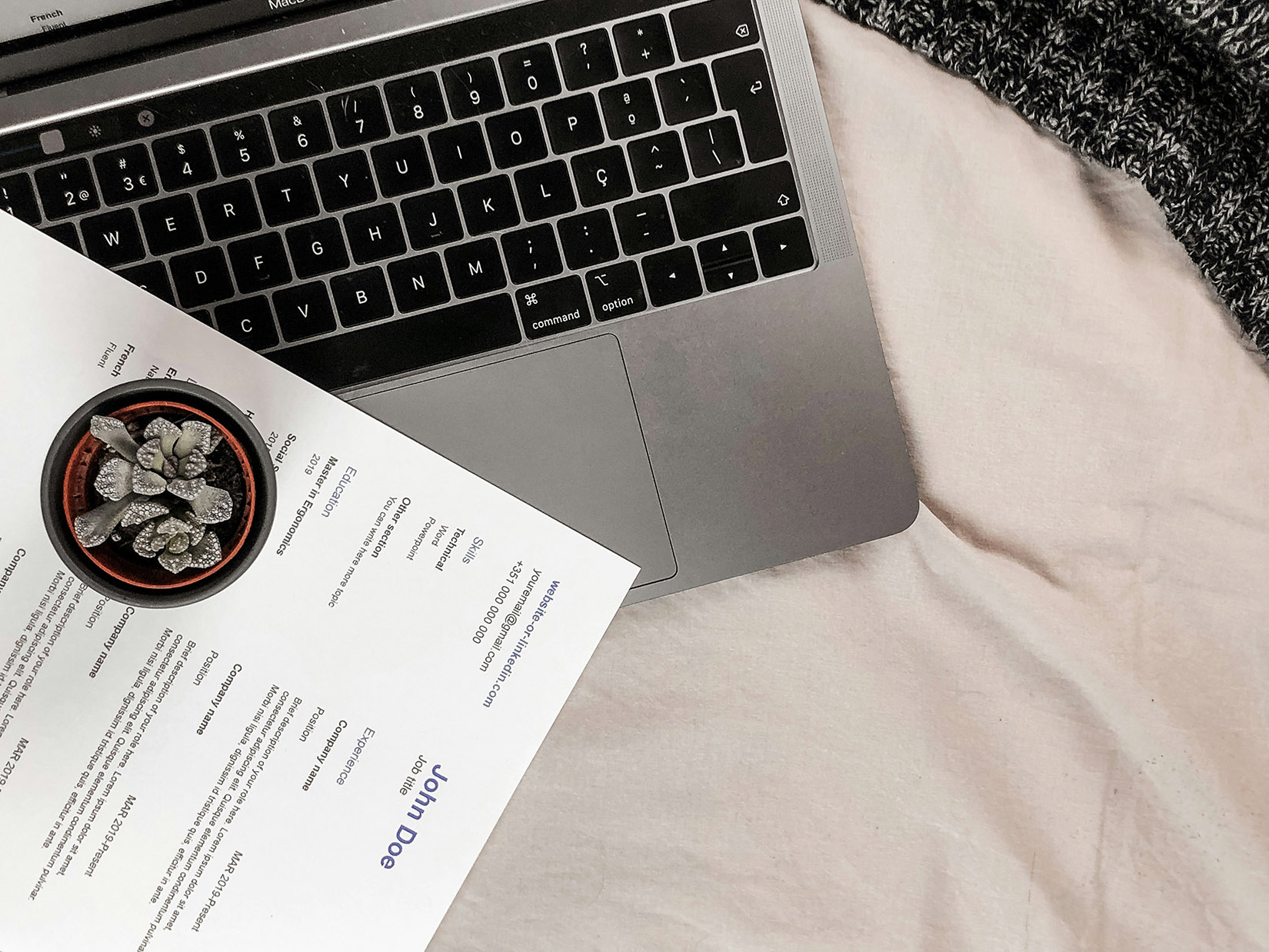
Resume writing can be overwhelming when you don’t know where to start. Whether you’re writing your resume for the first time or preparing to apply for a new job with years of experience, there are key components to resume writing that apply to everyone.
The most important thing to remember is that your resume needs to be targeted specifically to the job you are applying for. Employers can instantly tell if a resume is generic and they won’t spend any time trying to figure out how your skills, education, and experience match their requirements. You’re better off spending the time writing a targeted resume at the beginning of your job search rather than submitting hundreds of general resumes that will never get noticed.
Use the tips below to write a resume targeted to the job or industry you’re applying for.
Make sure you include the following sections on your resume:
Summary of Skills, Work or Professional Experience, and Education (some people add training and certifications in their education section, while others include Training and Certifications as its own section). These sections are essential and every employer will be expecting to learn more about you through these different lenses.
Other resume sections to include (or to leave out).
Some people wonder whether they should add other sections to their resume, such as volunteering, professional development, memberships, awards, hobbies, interests, etc. While there is no clear answer on what optional sections should be included, keep in mind that only information that helps show your fit for a job is useful. Ask yourself, does including this information bring me closer to my goal of getting hired? If your professional development or awards demonstrate your commitment to or success in your industry – include them. If including information about a hobby or interest demonstrates skills or knowledge beyond what your education or experience covers, then you may want to consider including this section. If you’re simply looking for ways to lengthen your resume, adding irrelevant information isn’t the way to do it.
Include a Skills Summary.
Think of this section as the quick intro to your resume. Highlight your skills that are required for the position and how you have demonstrated them in the past. Make sure to include examples, the impact made, or explain the value of using that skill in a related context. This will provide proof to the employer that you have that skill.
Include skills in order of importance.
If a prospective employer is only going to spend a few seconds skimming over each section and experience on your resume, you want the most relevant and related skills to be listed first. You can include a variety of things in each section, but make sure the prime resume real estate is filled with the skills you want to be certain the reader notices.
Quantify your skills, wherever possible.
If someone told you they had ‘extensive experience serving clients’, how many years would you think they’ve been doing that type of work? You might guess 10 years, while others would guess 15, or 5. Quantifying your skills, whenever possible, ensures that the reader has an exact understanding of your experience and capabilities. ‘10 years of experience’ leave no room for guessing and no assumption made about whether or not you have what they are looking for.
Consider all types of work experience.
Include paid work, on-the-job special projects, volunteer work, student placements or internships, or freelance work. Include all experiences from the last 10-15 years (with job title, organization and dates), but only include details about what you did for the experiences that are relevant to the job you’re applying for. Don’t completely leave out unrelated experiences that will leave a time gap on your resume.
Explain the impact you made.
Don’t just list every task you’ve done in past experiences, but instead explain things you did that demonstrate the skills that are required for the job you are applying for. Then also explain why that task was important in that role or to that company. Show that you made a positive difference.
Use professional formatting.
If your resume doesn’t look professional, it won’t get read regardless of the content you’ve included. Edit for spelling errors, extra spacing, consistency in font style and size, repetitive words, and grammatical errors including capitalization, punctuation, complete thoughts. Don’t give the employer a reason to reject your application before they read it.
Be honest, always.
Although it can be tempting at times to alter a few words to make your skills and experience ‘fit’ what the employer is looking for, lying on your resume is not the path to finding meaningful, stable employment. In addition to not being able to answer interview questions based on the experience, education, or skills you said you have, you could be fired for lying if the employer finds out after you’re hired. You’ll also encounter problems in the workplace once you’re asked to do something related to the skill or experience you said you have. Overall, lying on your resume is never okay.
If you follow these tips, you can be confident you’re doing everything you can to write a high quality, competitive resume.
While there are many opinions on what makes a good resume, keep in mind that the best resume for you is the one that most accurately describes your skills and qualifications as they relate to the job you’re applying for. Trust yourself, only you can decide whether your resume fully represents what you can offer.
Want support with writing your cover letter and resume? Book a Virtual Resume & Cover Letter Appointment with us!
You are in charge of where you go from here.
~ Ashley and Larissa
**Join our email list and get our blog posts, free resources, and discount codes sent straight to your inbox!



